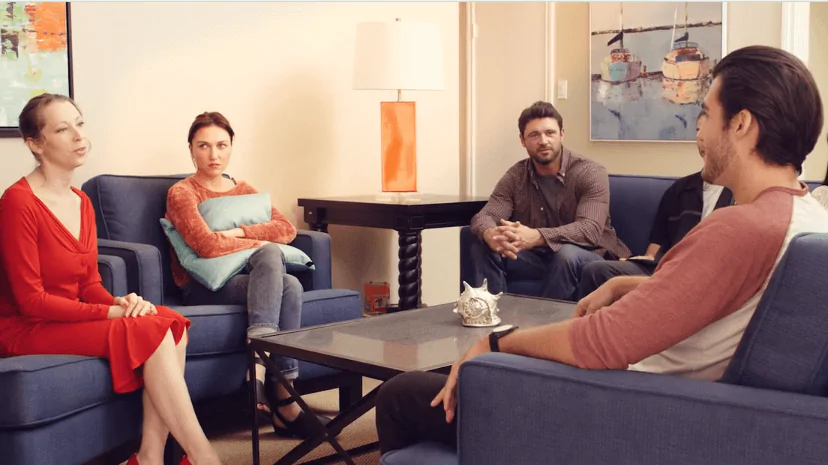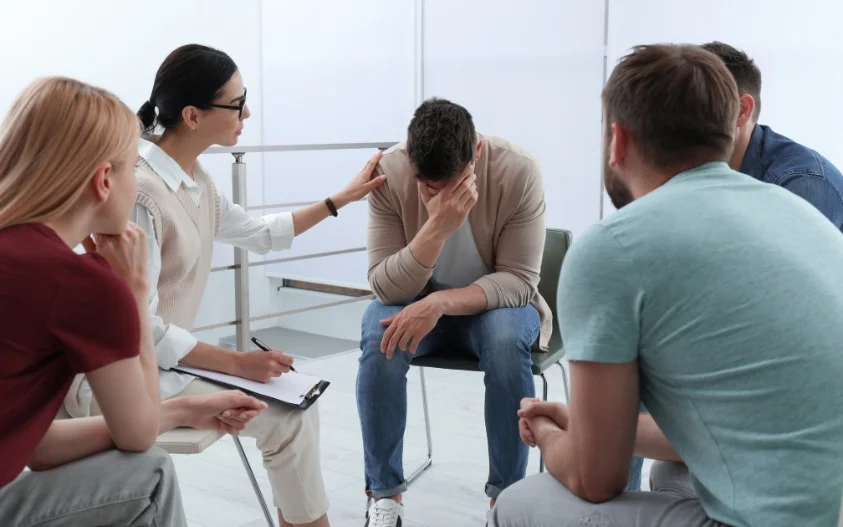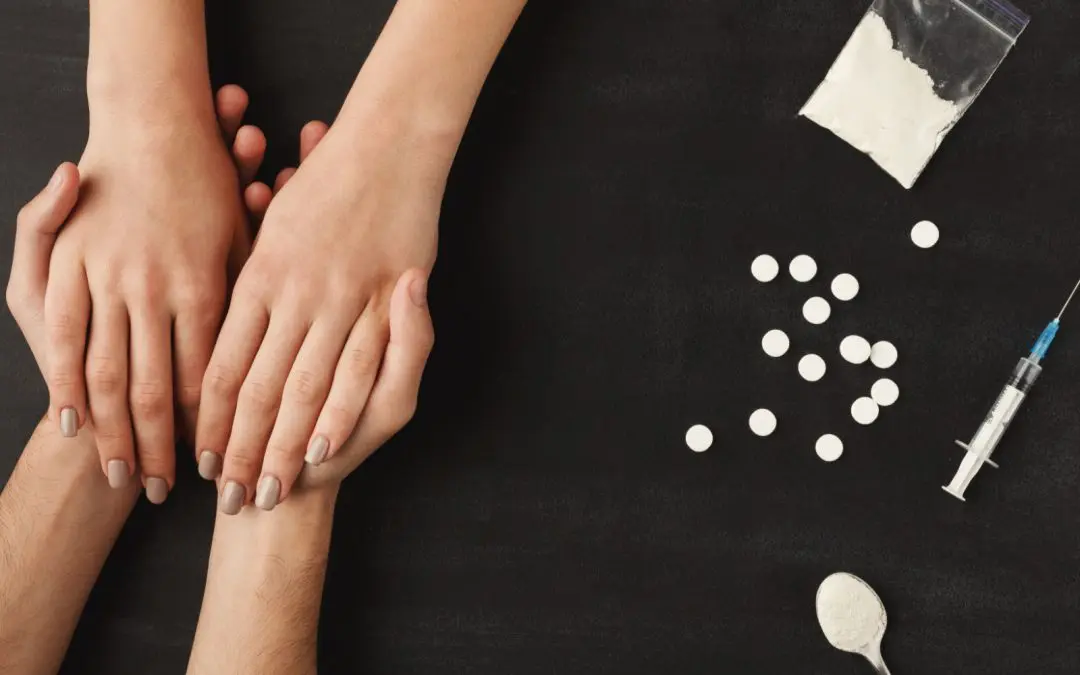24/7 Helpline:
(866) 899-111424/7 Helpline:
(866) 899-1114
Learn more about Bipolar Disorder Treatment centers in Richland









First Step Community Counseling Services
First Step Community Counseling Services is a private rehab located in Kennewick, Washington. First ...

Action Counseling
Action Counseling is a private rehab located in Kennewick, WA. Action Counseling specializes in the ...

MERIT Resource Services
MERIT Resource Services provides quality outpatient alcohol drug counseling services. MERIT Resource...




































Advocates for Wellness
Advocates for Wellness is a private rehab located in Kennewick, Washington. Advocates for Wellness s...

Ideal Balance
Ideal Balance is a private rehab located in Kennewick, Washington. Ideal Balance specializes in the ...


















Other Insurance Options

Choice Care Network

United Health Care

UnitedHealth Group

Molina Healthcare

ComPsych

MHNNet Behavioral Health

Optum

PHCS Network

Evernorth

Kaiser Permanente

Self-pay options

MVP Healthcare

Aetna

Access to Recovery (ATR) Voucher

Absolute Total Care

BlueShield

Regence

Ambetter

Sliding scale payment assistance

EmblemHealth